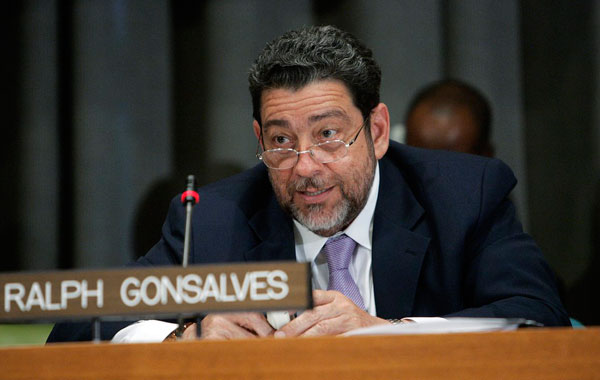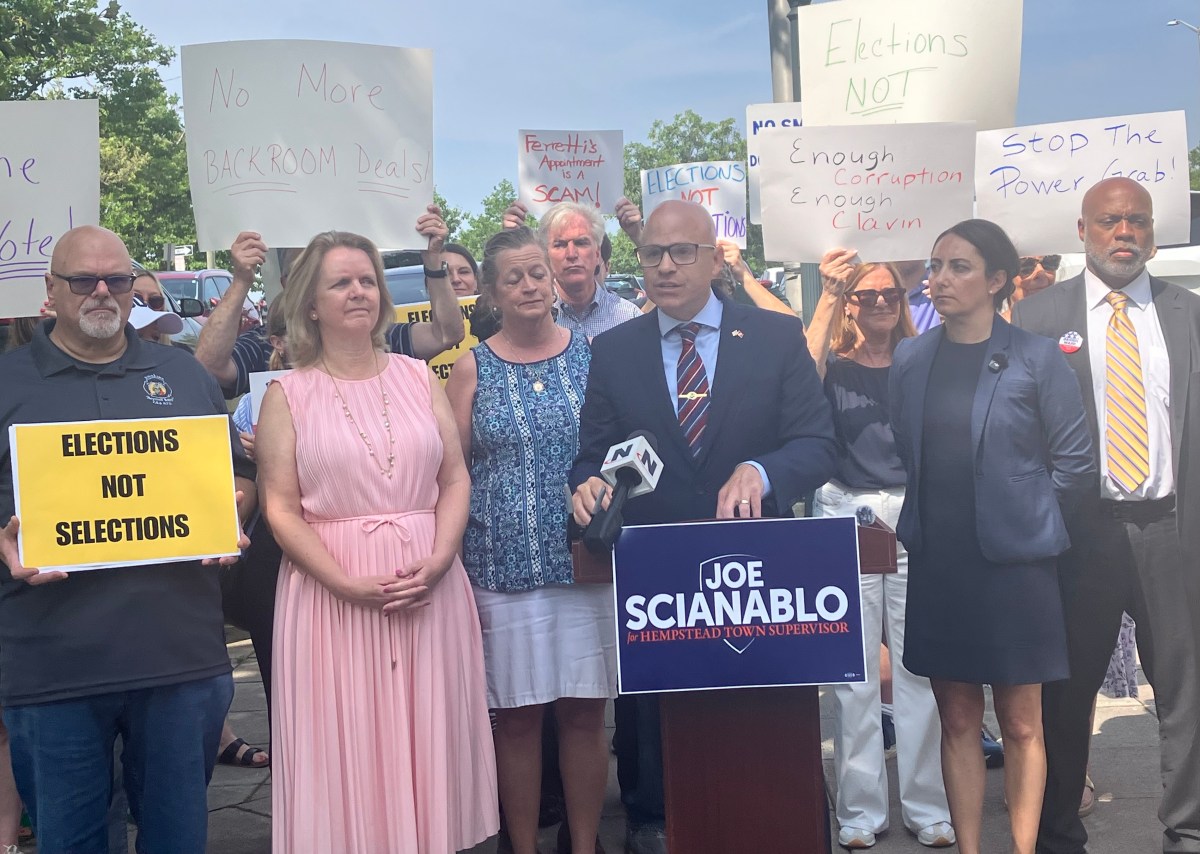Any visitor to the Caribbean island of Aruba in the past week might not have missed the fact that the most important item of debate in the country would have been protest hunger strike Prime Minister Mike Eman and other high officials had undertaken against alleged Dutch interference in financial affairs on the island.
Eman spent hours under a tent in downtown Oranjestad, the island’s capital, railing against efforts by Holland to determine what economic austerity measures were to be put into the 2014-15 budget, approved by cabinet in recent weeks.
In the end, Eman and his team agreed to call off the hunger strike late last week while a review of measures in the estimates was undertaken. The results are to be made public this week but there is every indication that the incumbent cabinet feels it has taken the right position and might well not back down. Authorities in Holland had ordered Governor Fredis Jose Refunjol’s not to sign off on the estimates, forcing officials to spend contingency funds at levels similar to that of the 2013.
Finance Minister Juan David Yrausquin said Holland wanted to push authorities to implement measures similar to those the International Monetary Fund inflicts on ailing Third World economies, arguing that the cabinet had already cut back on spending, adjusted pensions and other plans and was aggressively tacking the budget deficit which stands at six percent and national debt at 75. The IMF thinks that the 75 percent figure should not be above 40.
The standoff came as the idyllic Caribbean tourist island just north of the Venezuelan coast began a spirited campaign to reach out to its English-speaking Caribbean Community neighbors and attract more visitors from CARICOM.
Officials say they want people from the region to take advantage of the island’s super developed infrastructure and enjoy its mix of sun, sand and sea with its eco tourism offerings. Land tourism arrivals are expected to reach a million visitors by next year to go along with about 700,000 that are disgorged by cruise ships annually.
Insel Air, the flag carrier of the Dutch islands, recently began services to regional trade bloc headquarters, Guyana, and has its eyes on other destinations in the future.
But even as the outreach is going on in earnest the simmering row between authorities in the capital, Oranjestad and Holland is continuing. The island enjoys self governance, similar to what British colonies in the region had in the 50s and 60s. The Dutch is still, however, responsible for immigration, defense, foreign affairs and some aspects of the economy.
Minister Yrausquin at the weekend vowed that authorities would not back down and allow The Hague to “tell us which path and measures to take in order to secure sustainable public finances. This is a totally autonomous affair over which the Dutch government has no say according to our constitution and the charter of the Kingdom of the Netherlands.”
The island has enjoyed its current form of autonomy since 1986. Its neighbors, Curacao and St. Maarten achieved similar status only in October 2010.
He said that the Dutch is determined to have more than its mandated say in island affairs and suggested that they want “to treat us in the same way that they do of St. Maarten and Curacao. It is an attempt to recolonize us. That I will say but 33,000 Aruban voters gave us a near two-thirds mandate in elections last year and we will do what they tell us to do, not The Netherlands.”
But he admits that the economy is carrying a budget deficit of $230M, accounting for a large chunk of its gross domestic product. He also said that this figure will come down to 3.7 next year and 1.4 in 2016 if there are no major variations from the program.
Still, about 400 opposition supporters marched on parliament and the minister’s office on Friday protesting the state of the economy, the government’s handling of it and calling for adequate corrective measures.
Retired Urban Planner Cornelius Wilson said as opposition chanted anti government slogans that the current economic situation “will destabilize Aruba as there is no financial integrity whatsoever.”


























